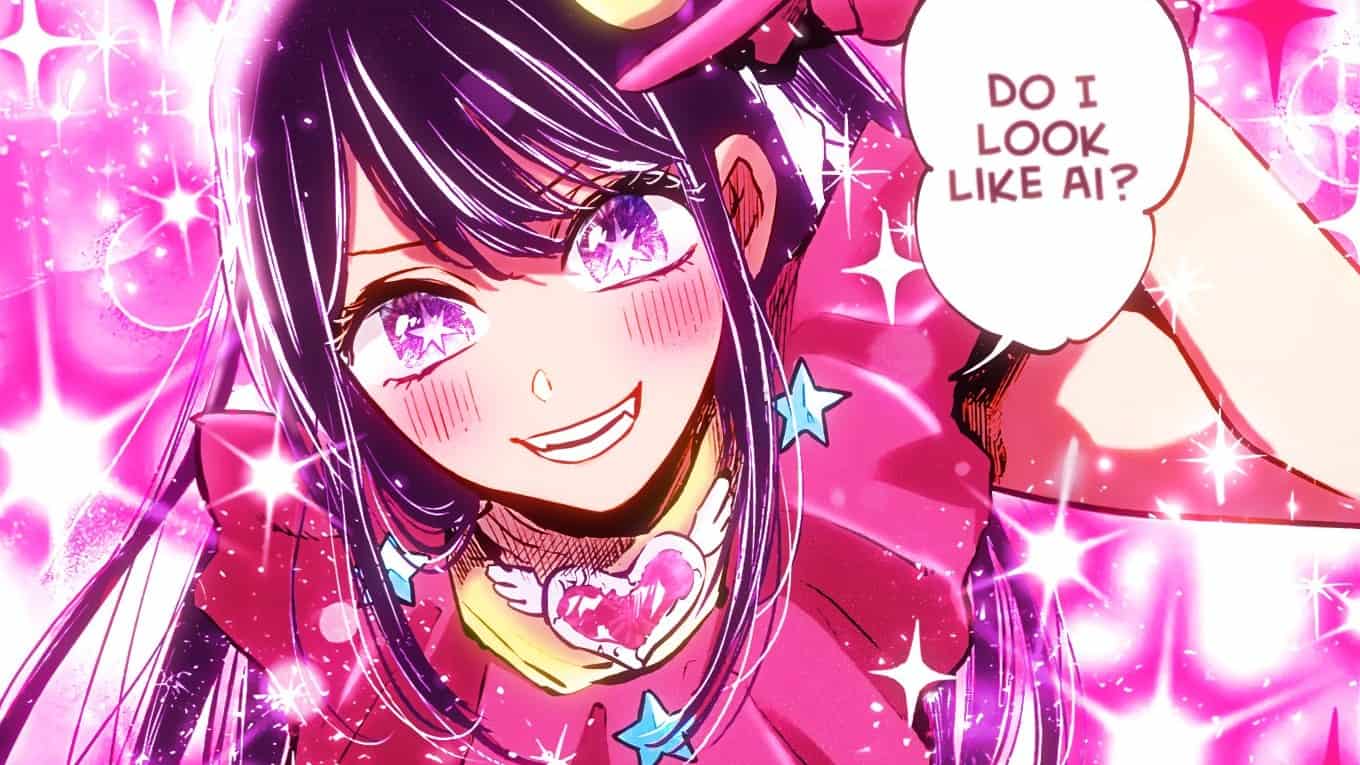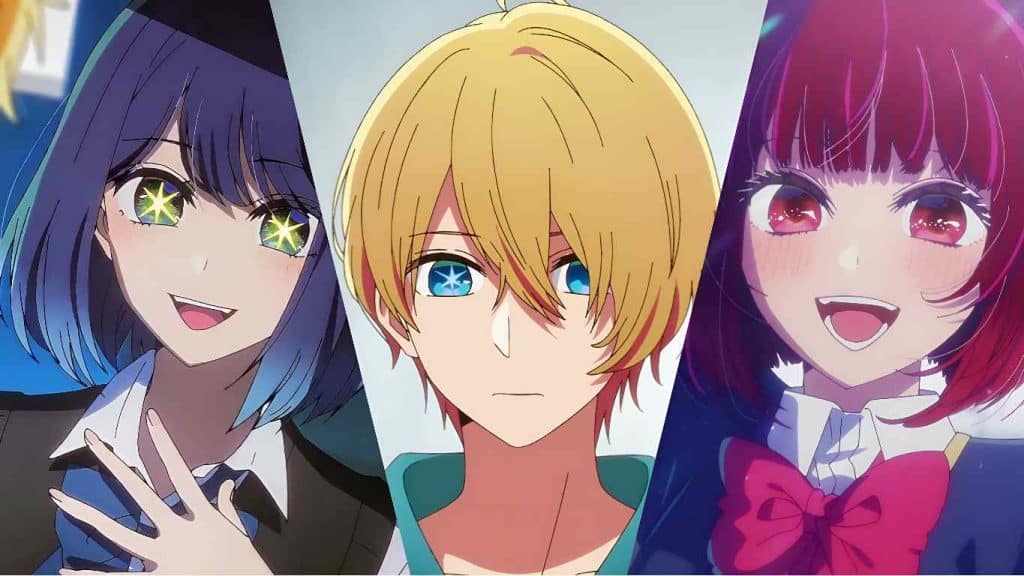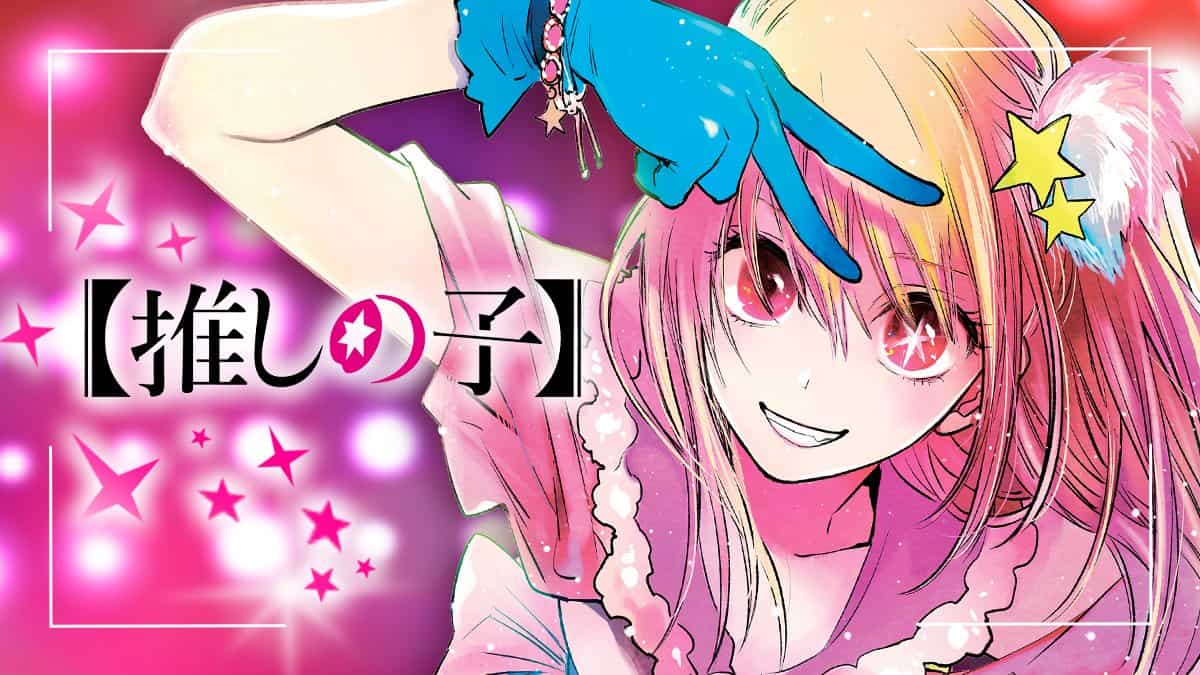The Oshi no Ko franchise, once thought to be a reincarnation story centered on idol tropes, has evolved into something much darker and more intricate. It goes into the psychological toll of the entertainment industry, exposing its manipulative nature, crimes, and murders.
With a series of complex arcs spanning 16 volumes and culminating in its 166th chapter, Oshi no Ko presents a bittersweet and controversial ending that has divided its fanbase. This ending, particularly Aqua’s tragic sacrifice, marks the culmination of years of buildup, raising questions about its rushed execution and its impact on the characters’ futures.
Oshi no Ko’s Controversial Ending: A Tragic Sacrifice and a Legacy of Hope

The final arc of Oshi no Ko is filled with confrontations, betrayals, and an intense focus on Aqua’s need for revenge. Aqua, seeking justice for his mother’s death, confronts his father, Hikaru, who admits to his involvement in Ai’s murder.
However, Aqua soon realizes that Hikaru is not solely responsible for the series of deaths that have plagued the entertainment industry. The complex web of manipulation unravels further as Nino, driven by grief, attempts to murder Ruby, believing she surpasses her mother’s talent. Ultimately, Aqua takes matters into his own hands, deciding that his sister’s safety is worth his own life. In a shocking and heartbreaking move, Aqua stabs himself and throws both himself and his father off a cliff, ending Hikaru’s life in a symbolic act of retribution.

In his final moments, Aqua experiences a dream-like vision of his past life as Gorou, where his sister Sarina, reborn as Ruby, lives a full life and achieves the dreams they once shared. This ethereal moment symbolizes Ruby’s future and the potential she now has to succeed, despite the tragic loss of her brother. Aqua’s death, while tragic, allows Ruby to overcome her past, ultimately leading to her performance at the Tokyo Dome, something her mother Ai could never achieve.
The ending, however, has left fans polarized. Some argue that it feels rushed, with the complex emotional arcs of the characters resolved in a short span. Aqua’s death, intended to be a sacrifice for Ruby’s future, might have resolved his storyline, but it also raises questions about the rushed pacing of the conclusion. While the ending’s bleak nature aligns with the manga’s portrayal of the entertainment industry, many are left wondering whether the resolution was too sudden. Was Aqua’s sacrifice truly necessary for Ruby’s growth, or did the manga gloss over key emotional beats?




